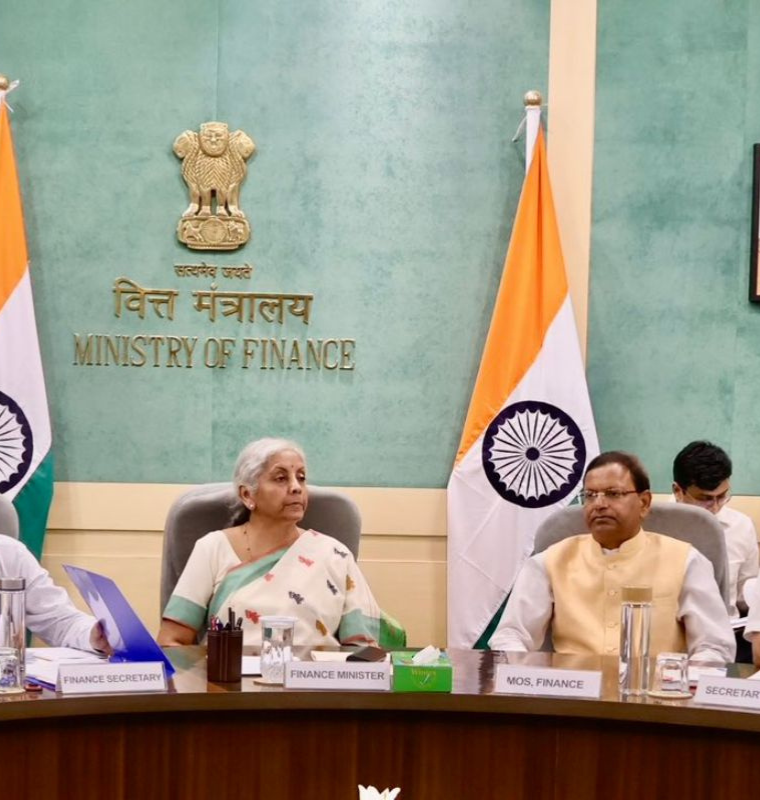France Moves to Treat Crypto Holdings as Unproductive Wealth Under Wealth Tax Reform
France Moves to Treat Crypto Holdings as Unproductive Wealth Under Wealth Tax Reform
By
Junia Wells
Last updated:
November 3, 2025
First Published:
December 2, 2025

A Controversial Turn in French Tax Policy
France is taking a bold step toward reshaping how it views digital wealth. Lawmakers have proposed classifying cryptocurrency holdings as part of what they call “unproductive wealth.” This term refers to assets that do not directly contribute to national productivity or economic output. The proposal has stirred strong reactions across the financial and crypto communities, with some seeing it as a fair attempt to modernize taxation and others calling it a step backward for innovation.
What the Proposal Entails
Under the new draft law, cryptocurrency holdings above a certain threshold would be subject to a wealth tax similar to that applied to luxury properties and art collections. The French government argues that digital assets, while valuable, are often held passively and do not produce tangible economic benefits within national borders. The intent is to direct capital toward sectors that create jobs, foster innovation, and drive domestic growth.
Reactions from the Crypto Community
Crypto advocates and entrepreneurs have responded with concern. Many argue that labeling cryptocurrencies as unproductive ignores their contribution to financial inclusion, technological development, and decentralized innovation. Some also warn that such a move could push investors and startups out of France, relocating to jurisdictions that maintain more favorable tax environments for digital assets.
Political Context Behind the Decision
The proposal aligns with France’s broader effort to rebalance wealth distribution and modernize its tax framework. In recent years, the government has sought new ways to ensure that high-value assets contribute fairly to public revenues. However, targeting cryptocurrencies has raised questions about whether policymakers fully understand the economic potential of the blockchain ecosystem, especially given its growing importance in the global financial system.
Economic Rationale and Government Viewpoint
Proponents of the reform argue that cryptocurrencies are primarily speculative and often detached from real economic activity. By taxing them as unproductive wealth, the state hopes to discourage hoarding and encourage investors to reinvest in projects that yield measurable economic returns. The government insists that this is not an anti-crypto stance but rather a practical attempt to ensure fairness in wealth taxation.
Potential Impact on French Crypto Startups
If passed, the tax reform could have profound implications for the country’s startup ecosystem. France has positioned itself as a European hub for blockchain innovation, hosting numerous fintech and Web3 companies. Stricter taxation might dampen that progress, making it harder for small and mid-sized enterprises to attract investors who may prefer operating from neighboring countries with lighter regulatory burdens.
European Implications Beyond France
France’s move could influence broader European policy discussions. With the European Union introducing the Markets in Crypto Assets Regulation, individual member states are still testing national approaches to taxation. If France’s model gains traction, other nations could adopt similar frameworks, potentially reshaping how crypto wealth is managed across Europe.
Investor Sentiment and Market Response
In the immediate aftermath of the announcement, market reaction was mixed. While some traders dismissed it as political posturing, others took it seriously, anticipating long-term effects on domestic liquidity. Wealthier French investors holding large crypto portfolios are already exploring options for restructuring assets or relocating to friendlier jurisdictions.
Challenges in Implementation
Beyond political debate, the logistics of valuing and taxing crypto holdings pose serious challenges. Cryptocurrencies fluctuate widely in price, and accurately assessing an investor’s net wealth at a given time could prove difficult. Additionally, privacy-focused tokens and decentralized wallets make enforcement complex, raising questions about the practical feasibility of such a law.
A Crossroads for France’s Crypto Future
France now stands at a crossroads between innovation and regulation. The country must decide whether it wants to lead in blockchain adoption or prioritize traditional fiscal control over digital wealth. Whatever the outcome, this debate marks a defining moment for how nations will treat digital assets in the age of decentralization and digital finance.
Popular articles
Subscribe to unlock premium content
Disney’s Timeless Magic and How the Entertainment Giant Continues to Shape Culture and Innovation

Imran Khan’s Economic Missteps Amid Political Chaos in Pakistan

The Philippines’ Digital Shift How Remittances and BPO Are Fueling Growth

Disney’s Timeless Magic and How the Entertainment Giant Continues to Shape Culture and Innovation

Imran Khan’s Economic Missteps Amid Political Chaos in Pakistan

Disney’s Timeless Magic and How the Entertainment Giant Continues to Shape Culture and Innovation









